DONES Meeting #03 leads the way to explore lines of collaboration with ESS Bilbao
DONES Meeting #03 has had a special character thanks to the visit of ESS Bilbao, the Centre for Neutron Technologies in charge of carrying out the Spanish contribution to the European Spallation Source.
Mario Pérez, Executive Director of the Public Consortium for the Construction, Equipment and Exploitation of the European Spallation Neutron Source, shared their work through a detailed presentation. After his seminar, members of the IFMIF-DONES and ESS Bilbao teams discussed the possible lines of collaboration that both organisations could pursue.

ESS Bilbao and the Spanish contribution to the European Spallation Source
ESS Bilbao is a public consortium of the Central and Basque Governments and is established as a strategic centre of international reference in neutron technologies. It provides knowledge and added value through the contribution in kind to the European ESS ERIC project, a scientific infrastructure – a pulsed proton accelerator – which is being built in the Swedish city of Lund.
Spain is contributing three per cent of the construction cost, €2 billion, towards this project. The construction, which began in 2014, will run until 2028. The ESS Bilbao team is responsible for the design and building of some of the components of the Swedish infrastructure, such as the Miracles instrument. In addition, Spain is the second country, after Germany, with the largest contribution to the Target area, the heart of the system itself.
ESS Bilbao started working on the project 12 years ago and has a young staff of 50 employees. Its headquarters are in Bilbao.
Lines of collaboration ESS Bilbao and IFMIF-DONES
The talk, led by Fiamma García-Toriello and Fernando Sordo from ESS Bilbao, and by Iván Podadera and Santiago Becerril from IFMIF-DONES, focused on exploring possible ways of collaboration between the two scientific facilities in the short, medium and long term.
Throughout this second part of the meeting, time was given to discuss the baselines of underpinning the projects, from technical capabilities, through the management of consortia, projects and public calls for proposals, as well as the Spanish-European networks of particle accelerators.
The meeting took place on 22 April in the Assembly Hall of the School of Computer and Telecommunication Engineering of the University of Granada. As in all DONES Meetings, it could be followed live virtually. The complete video of the meeting can be viewed below:

